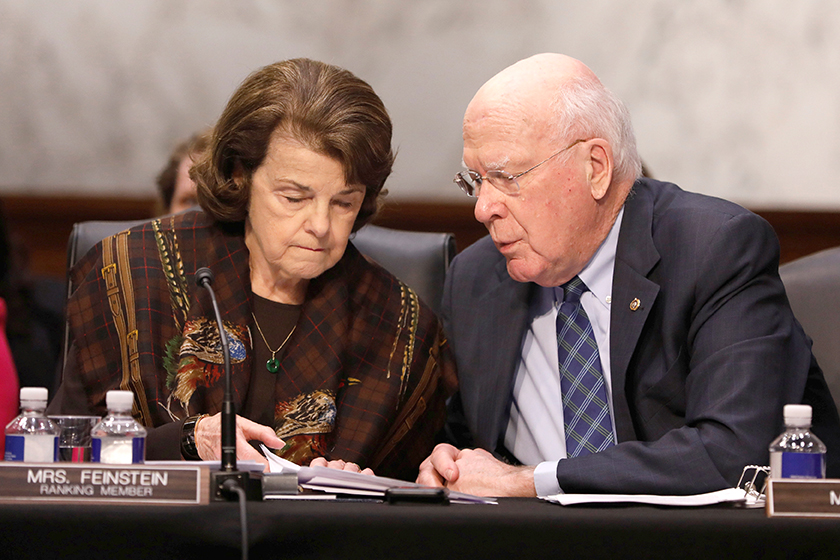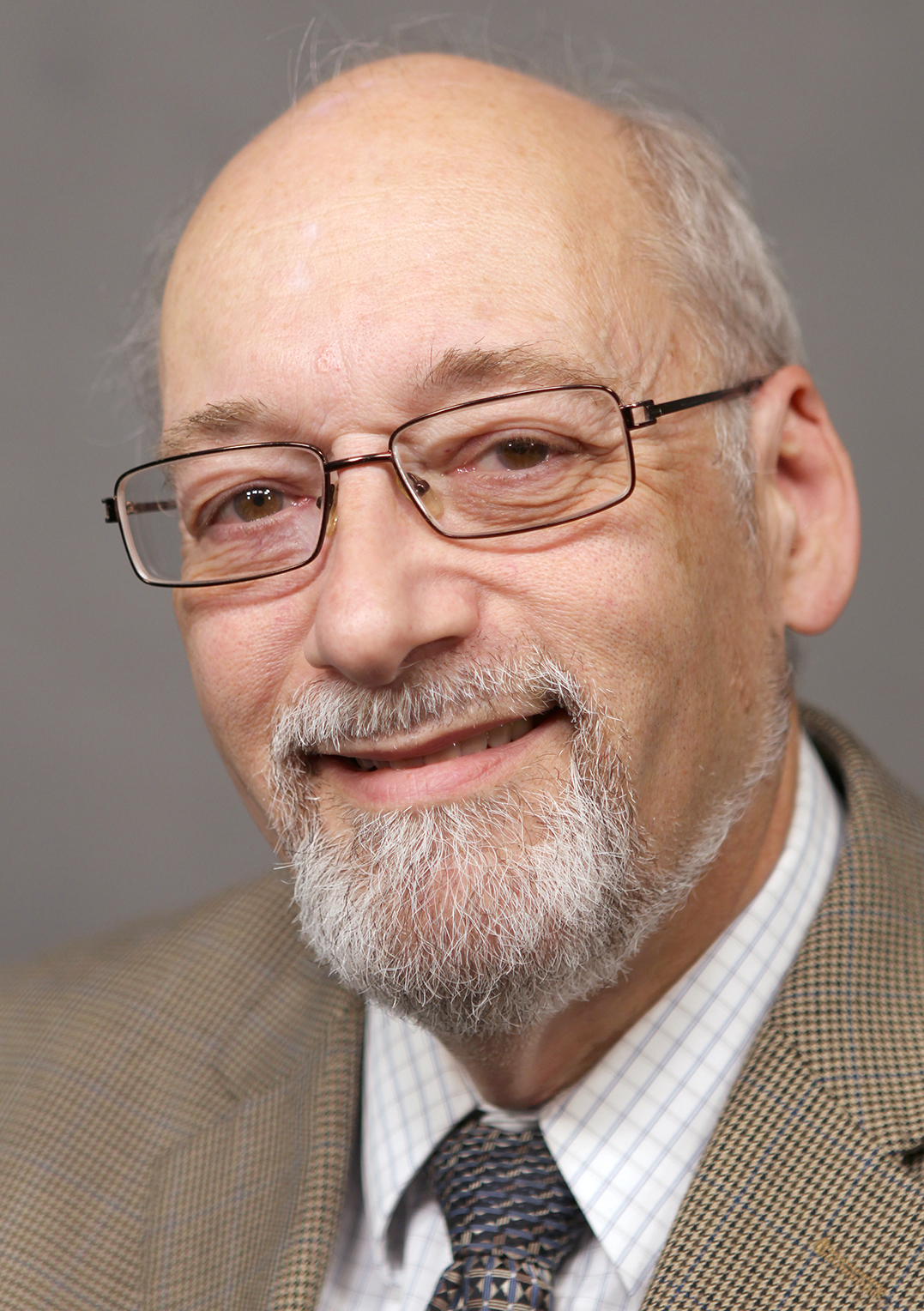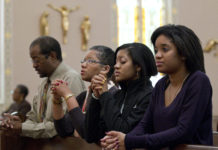
Anti-Catholicism has been called “the last acceptable prejudice.” Tragically, it was on display at the Senate Judiciary Committee’s confirmation hearing for Amy Coney Barrett, nominated to be a federal appellate judge.
Barrett, a professor at Notre Dame Law School, is a constitutional law expert who has clerked for appellate and Supreme Court judges. She is eminently qualified. A Catholic at a Catholic university, she has helped law students and others understand how to reconcile being a good Christian and a good judge.
This should not be a problem. Article VI of the Constitution requires judges and other public officials “to support this Constitution.” It also demands that “no religious test shall ever be required as a qualification to any office or public trust under the United States.”

Professor Barrett clearly subscribes to the first of these clauses. As she said at the senate hearing: “It’s never appropriate for a judge to impose that judge’s personal convictions, whether they derive from faith or anywhere else, on the law.” But some Democrats on the committee seemed not to have heard of the second clause.
Senator Dianne Feinstein, D-California, expressed a concern to Barrett that, based on her past speeches, “the dogma lives loudly within you.” (This strange accusation has created a wonderful backlash, as the sale of “The dogma lives loudly within me” T-shirts becomes a cottage industry among Catholics.) Feinstein implied that believers who accept their Church’s moral teachings are un-American.
Then came Senator Dick Durbin, D-Illinois, whose 100 percent approval rating from NARAL Pro-Choice America may make him a Catholic that Senator Feinstein can accept. He grilled Professor Barrett on a 1998 law review article she co-authored as a student with law professor John Garvey (now president of The Catholic University of America).
That article discussed the dilemma of someone with moral or religious objections to something he or she is asked to do as a judge. For example, authorizing an abortion for a minor girl or imposing a death sentence could present a conflict of conscience for an “orthodox Catholic” (by which, the authors explained, they simply meant someone who believes Catholic teaching on the point at issue).
Such conflict would occur rarely, and for an appellate judge probably never. Such a judge does not order abortions or executions, but reviews lower courts’ actions for consistency with required legal procedures.
But if conflict is unavoidable, said the authors, the judge should not compromise the integrity of the law or one’s conscience, but recuse herself from the case as someone whose “impartiality might reasonably be questioned” (as per Title 28 of the U.S. Code).
Durbin read the article to say a judge can impose her beliefs on the law — the opposite of what it says — and forced the nominee into an exchange about who is an “orthodox Catholic.” He said he saw Pope Francis as “a pretty good Catholic,” apparently unaware that such assessments are more the pope’s job than his own.
Finally, Senator Al Franken, D-Minnesota, accused Barrett of consorting with “hate groups” comparable to the Ku Klux Klan, because she once spoke at an event sponsored by the Alliance Defending Freedom — a legal defense firm that has won important religious freedom cases at the Supreme Court.
Franken relied on the Southern Poverty Law Center, which brands as “hate groups” many organizations whose crime is to defend traditional Christian views on abortion and same-sex marriage. By that standard, Pope Francis leads a “hate group.”
Maybe these senators wanted to warn devout Catholics that they will be shamed by the powers that be if they seek public office. They might only succeed in making more Catholics ashamed to be Democrats.




![[VIDEO] Make Sunday feel like Sunday again](https://www.catholicsun.org/wp-content/uploads/2021/04/2021-YOUTUBE-BISHOP-MESSAGE-THUMBNAIL-ENGLISH-218x150.png)

